

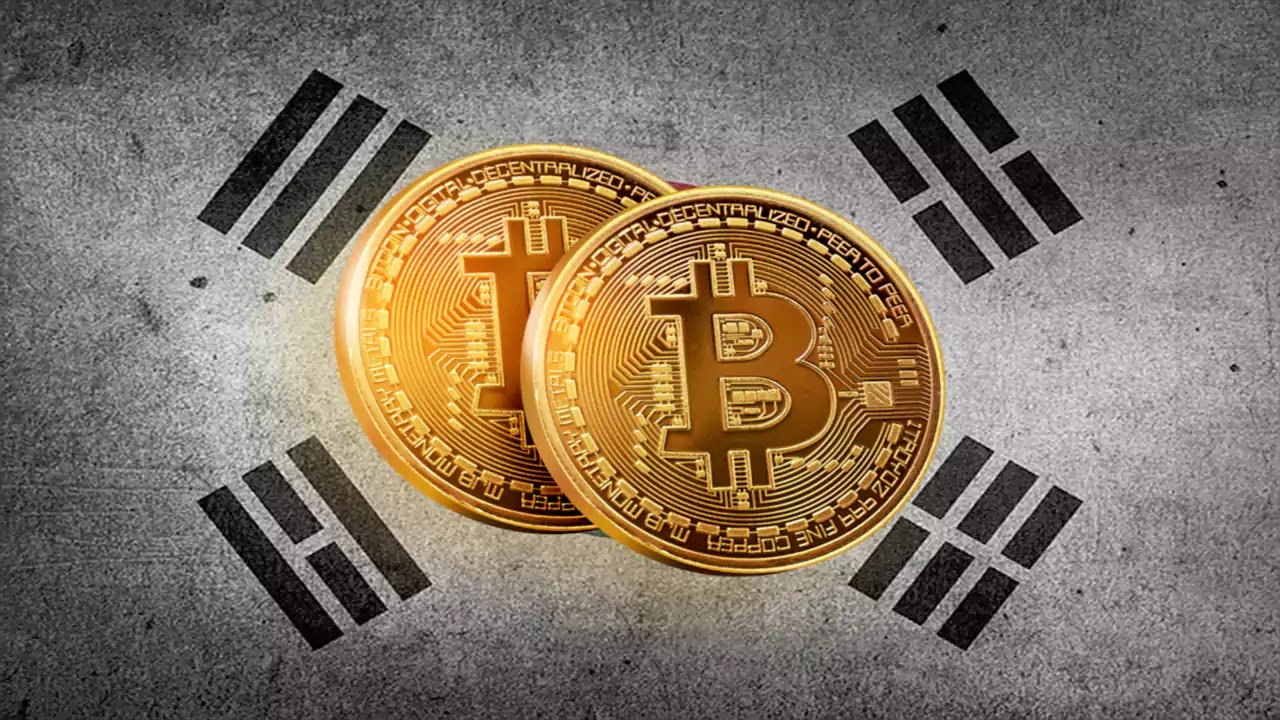
South Korea's financial markets were sent into turmoil when President Yoon Suk Yeol declared martial law, creating a frenzy of panic selling on South Korean crypto exchanges. The rapid drop in values allowed for lucrative arbitrage opportunities for savvy investors looking to capitalize on the Kimchi premium. Despite the order only lasting a few hours, the chaos in the country's political landscape had a major impact on the cryptocurrency market.
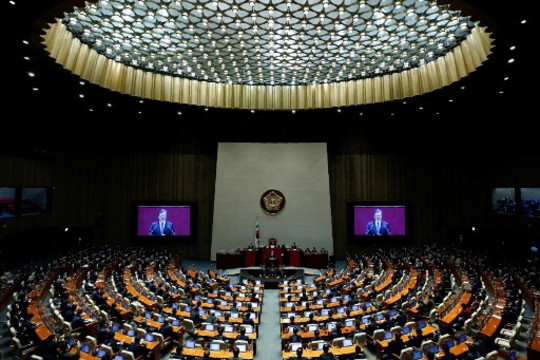
After announcing a surprise martial law order, South Korean President Yoon Suk Yeol faces pushback from MPs who quickly gathered at the National Assembly and voted to block his move. Demonstrators also gathered outside parliament to protest the sudden military rule. Less than two hours after his declaration, President Yoon reverses course, with some attributing the decision to his controversial and weakened position as a lame duck president. In response, the Korean Confederation of Trade Unions has called for nationwide strikes until Yoon resigns, labeling his actions as a "crime of insurrection."
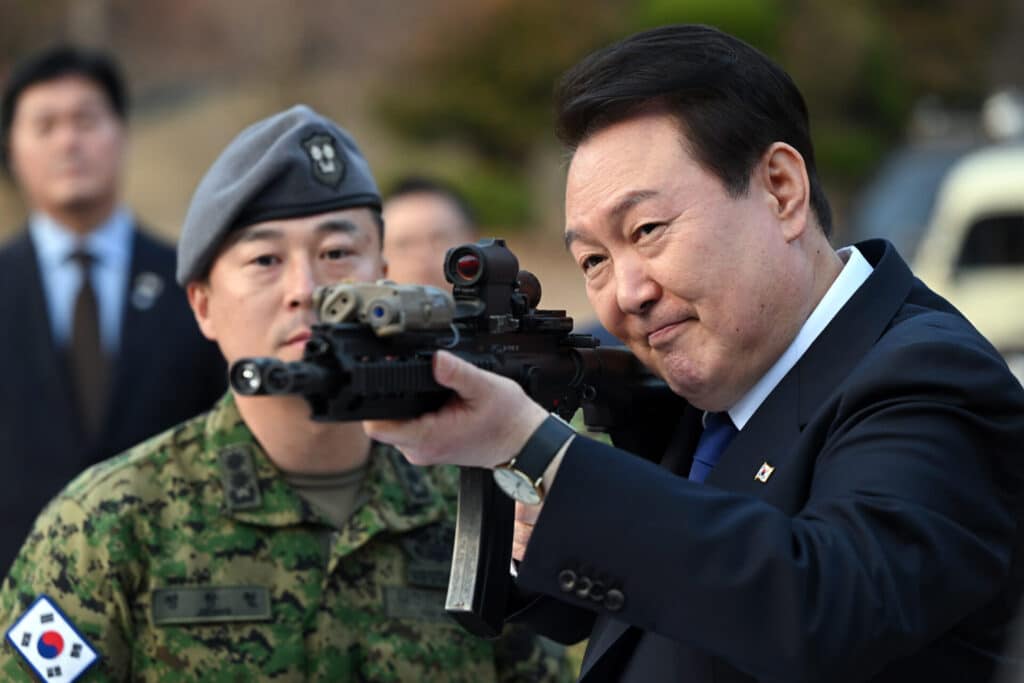
On December 3, 2024, South Korean President Yoon Suk Yeol declared martial law across the nation. This drastic measure, the first in nearly 50 years, was justified by the government as necessary to protect democracy and public safety. The announcement, made at 10 p.m. local time, came amid a political turmoil stemming from opposition parties' recent election victory and subsequent legislative deadlock. The official declaration outlined strict measures, including banning all political activities and placing media outlets under martial law control. Violators will face severe penalties as outlined in the Martial Law Act. Stay informed with the latest developments by subscribing to NewsX.
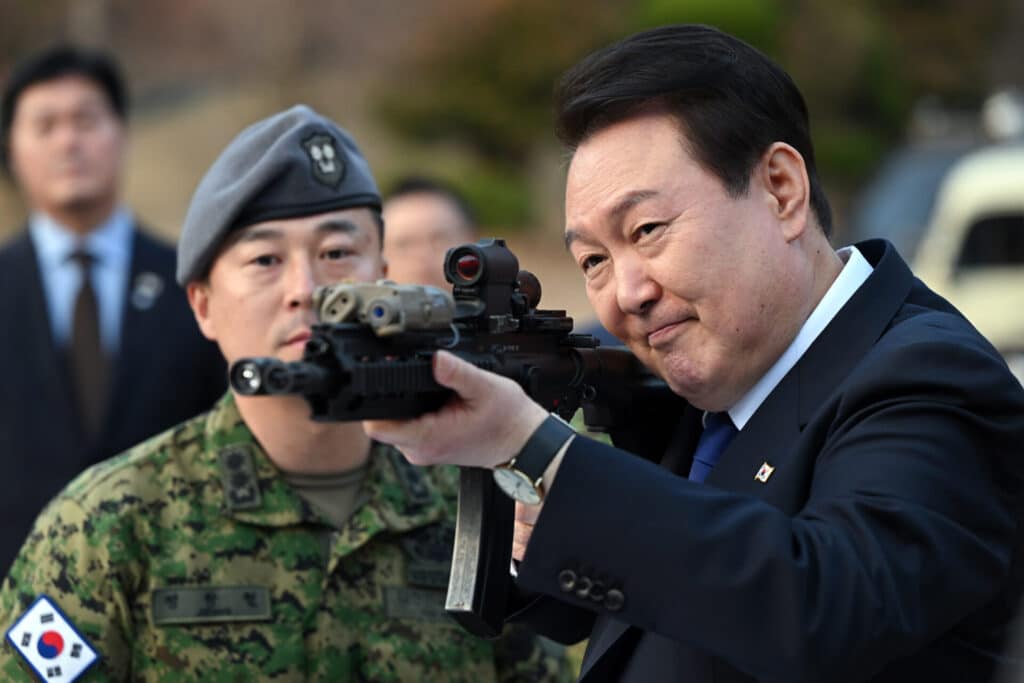
In a surprise late-night TV address, South Korean President Yoon Suk Yeol declared martial law and accused the country's opposition of controlling parliament, showing sympathy towards North Korea, and obstructing the government with anti-state activities. As photos and videos of tanks rolling into Seoul and troops securing the parliament surface, questions arise about the extent of the measures and their impact on democracy. President Yoon's popularity has declined in recent months as he struggles to push his agenda against an opposition-controlled parliament since taking office in 2022.
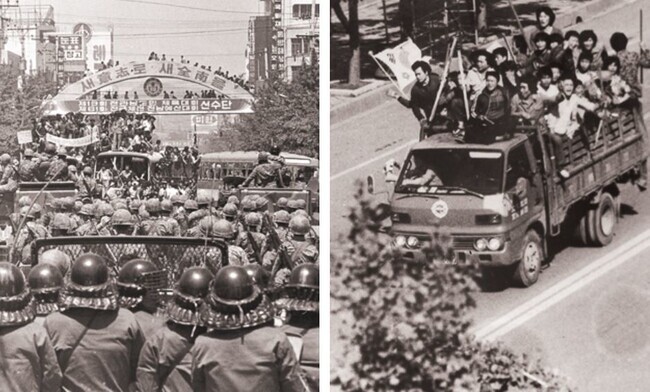
In a televised address, South Korean President Yoon Suk Yeol has invoked emergency martial law to combat pro-North Korean forces and protect the country's democratic order. This decision comes amidst a tense struggle between the ruling People Power Party and the opposition Democratic Party over next year's budget bill and calls for investigations into scandals involving top officials. The impact of this declaration on the country's governance and democracy remains uncertain.
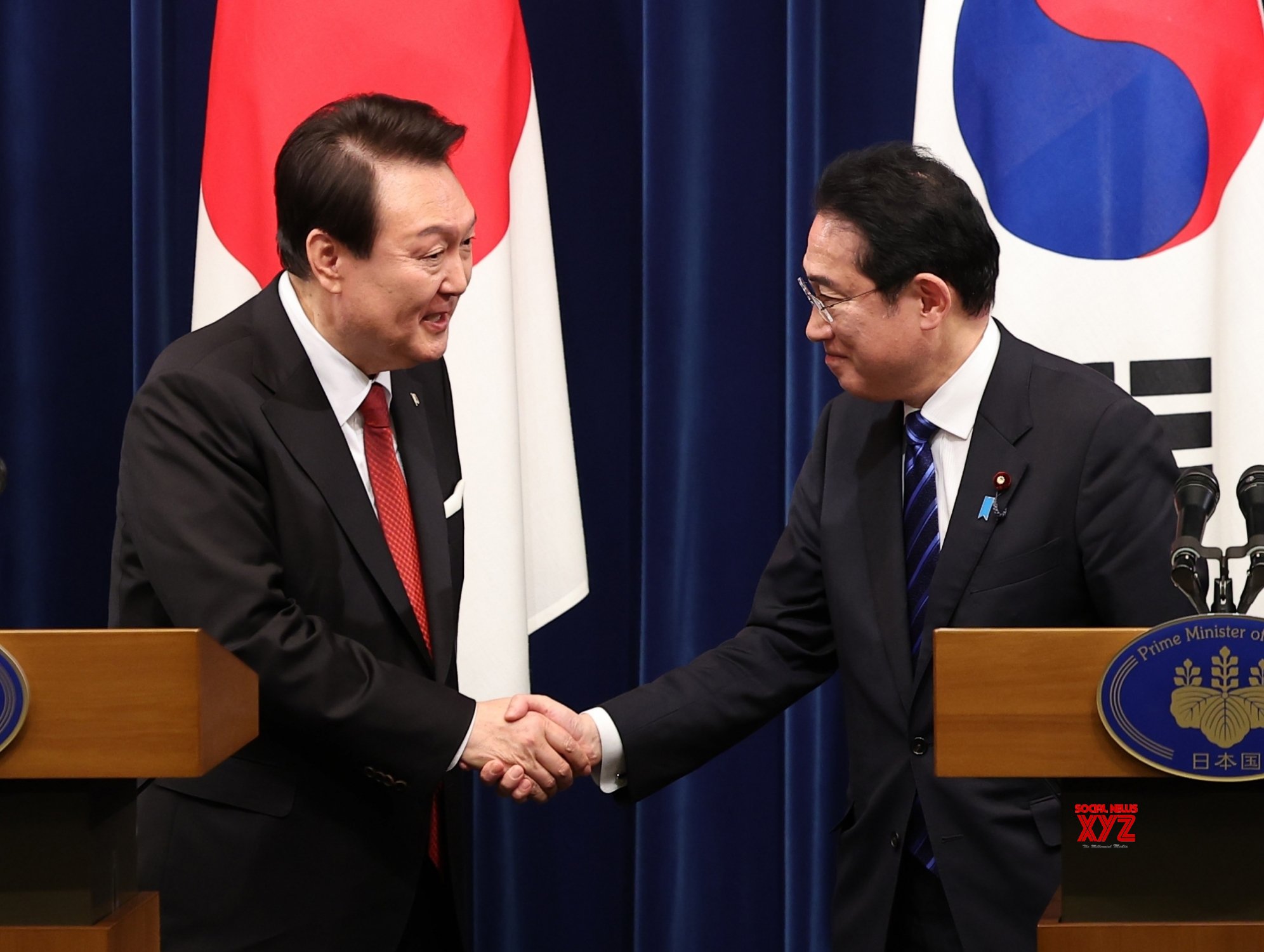
South Korean President Yoon Suk Yeol and Japanese PM Fumio Kishida vowed to enhance security cooperation with NATO amid growing military collaboration between North Korea and Russia. The two leaders made the commitment during their bilateral meeting on the sidelines of the NATO summit in Washington, where they joined leaders from four Indo-Pacific partner nations. The NATO summit came soon after Putin and Kim Jong-un's security cooperation agreement, which has raised concerns in the region and beyond. Yoon stressed the significance of trilateral security cooperation between South Korea, the US, and Japan, while Kishida condemned North Korea's arms exports to Russia, echoing the strong condemnation in the summit declaration issued by NATO leaders.
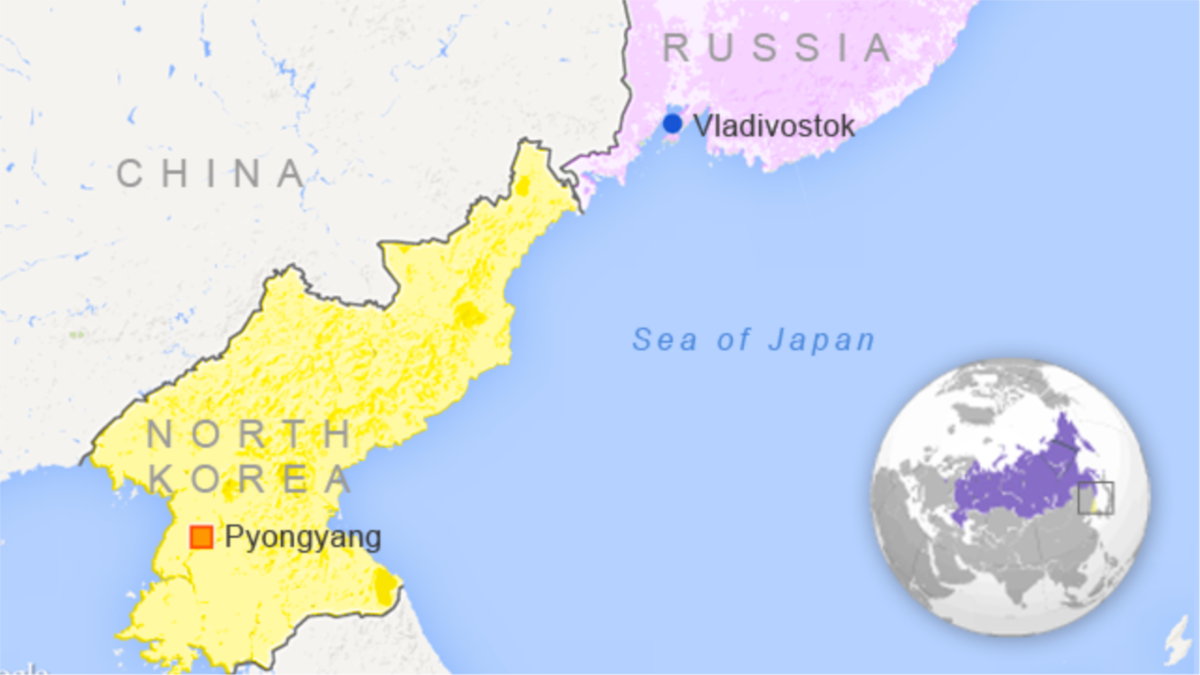
Japanese Prime Minister Fumio Kishida and South Korean President Yoon Suk Yeol met in Washington to discuss the growing threat of North Korea's deepening ties with Russia. They pledged to strengthen cooperation with the United States and other international partners in light of the increasing complexity and interconnectedness of regional security issues. North Korea's recent comprehensive partnership treaty with Russia, signed during Russian President Vladimir Putin's visit to North Korea, has raised serious concerns for global security. Kishida and Yoon also discussed maintaining close communication towards next year's 60th anniversary of the two countries' diplomatic ties.

South Korean President Yoon Suk Yeol has announced the creation of a new government ministry dedicated to tackling the country's low birth rate, which he refers to as a "national emergency." The ministry will oversee policies in education, labor, and welfare and is seen as a larger effort to address the declining fertility rate that has been a pressing issue for years. Despite spending billions of dollars in the last decade to address the issue, South Korea's pension fund is expected to run out by 2054 due to a shrinking workforce. To address labor shortages, the country has been admitting migrant workers in record numbers.